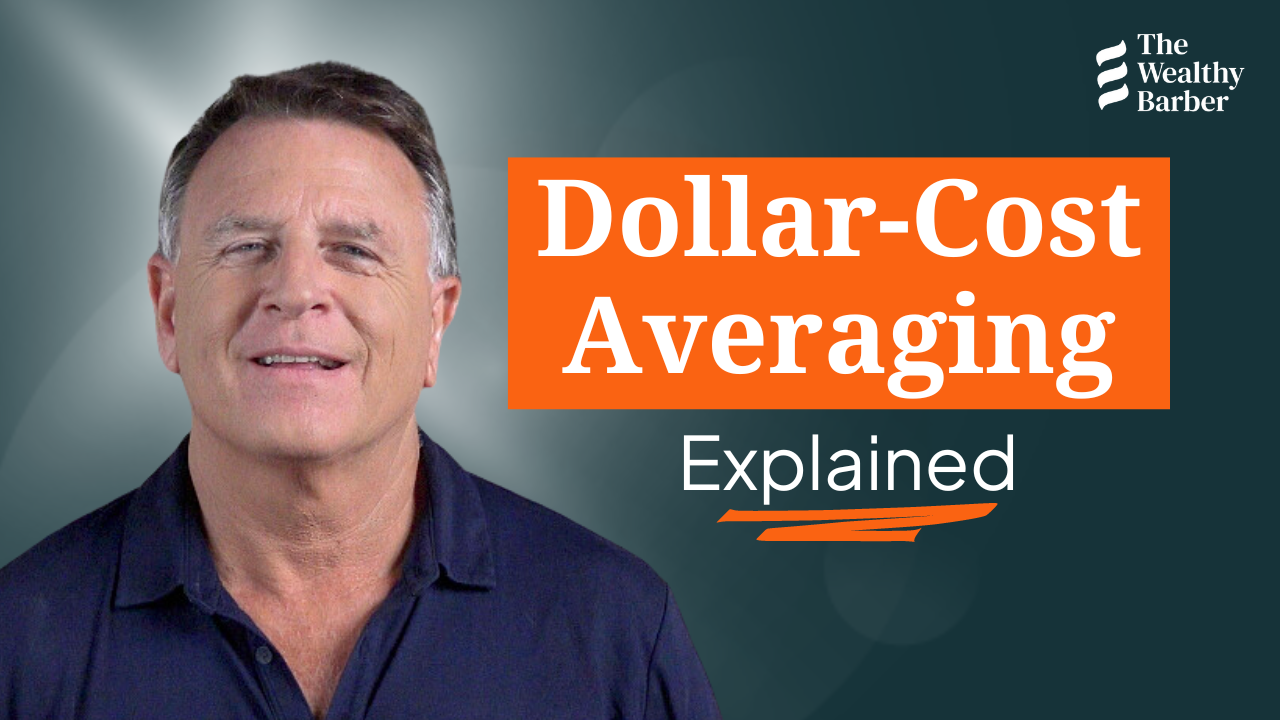What is an Index Fund? — Personal Finance Explained
What the heck is an index fund? For that matter, what’s an index? Let Dave help.
💈💈💈
Index funds, index funds, index funds – you hear about them all the time. Yet, let’s be honest, most people really don’t know what they are. It’s key you do. And the good news is, I’m here to help. Most experts who try to explain an index fund go with something like this: It’s a professionally managed pool of capital that matches up to its chosen benchmark’s performance by purchasing its underlying securities in their prescribed weightings. And that definition helps almost no one. In fact, it intimidates people. It sends them back to, “I just don’t get money stuff. What’s on Netflix tonight?” So let’s go a different route. Forget the “fund” part, start with what’s an index? Not the back-of-a-book type of index, an index in the statistical world, including in the finance world. An index is a single number that summarizes a collection of data and often serves as a benchmark for comparison. Easy peasy.
Think of an index as an aid. A shortcut. A time saver. Totals are indices. So are all averages. Mo’s 57 average in high school – that’s an index. It summarizes 59! Okay, 59. It summarizes a collection of data of her not-so-impressive marks. The financial world creates and uses indices all the time. Thank goodness! Without them it would be impossible to effectively communicate and compare the industry’s overwhelming amount of data. For example, one of the most commonly asked questions – “how did the stock market do today?” – would be virtually impossible to answer.
There are thousands of publicly traded companies. Going through all of their closing prices would be quite a chore. Ah, but with the index, our shortcut, our summary number, our time saver, the response is as simple as, “The S&P/TSX Composite was up 1.1%. The S&P/TSX Composite is the Canadian market’s best-known index. It’s best-known summary figure. What does it summarize? The share prices of about 250 of Canada’s largest public companies. Do we just add up all their prices and divide by 250 to get the index, kind of like you did with Mo’s marks? We could, but no. In this case, we market weight them. And that too, is remarkably straightforward.
A company with 10 times the market cap – the market value – of another company is given 10 times its weighting. Makes perfect sense. There’s indices for bonds, commodities, real estate, cripe for everything imaginable. But it’s key to note that they all have two things in common. One, they are all single numbers that summarize a collection of data. And two, somebody or somebodies made them up. They chose the contributing components, they decided on the weighting approach, and they set the rules.
“I want to buy such and such an index,” you say. Not possible. Remember, it’s just a number – an abstract concept. What you can do is find the components of an index in their proper weightings. But what a hassle. You’re going to buy hundreds of stocks. What? Ah, but there are “one-stop-shops” that do it for you. And do you know what they’re called? Index funds.
Feel Confident About Your Finances
Sign up for our Weekly Round-Up of new videos and podcasts released over the past seven days. We won’t spam you or try to sell you a course—promise!



